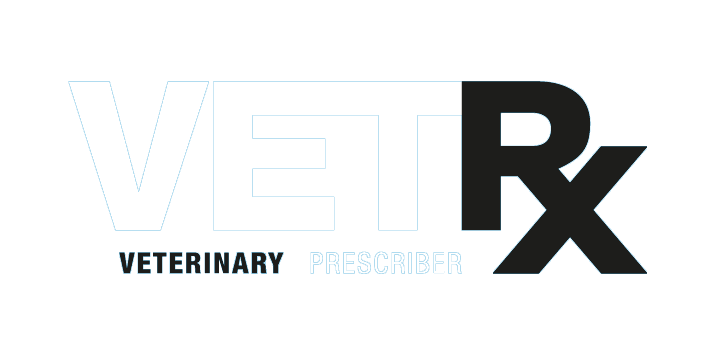Uncertainty about supplements keeps hope alive
Uncertainty about supplements keeps hope alive
For September 2020’s Veterinary Prescriber CPD module “Green-lipped mussel — is it effective in canine osteoarthritis?” we reviewed the published clinical trials on the food supplement green-lipped mussel in dogs with osteoarthritis. Recent promotional activity on GLM supplements targeting vets prompted us to look more closely at the evidence.
Randomised controlled trials (RCTs) are considered to be the most reliable way to find out if a treatment works because the methodology aims to rule out bias and the effects of factors other than the test treatment. But even though we found several RCTs in which GLM was given to dogs with OA, working out if the supplements do anything beneficial is really difficult. These trials are not easy to interpret (even for those of us with extensive experience) because of unclear descriptions of the methodology and important missing elements (such as identification of the main outcome of interest and power calculations that show whether it is statistically possible to detect a change). Without close inspection, the reports can give the impression of efficacy. (Why do journals publish confusing trial reports?) However, not all of the problems are due to poor trial design: identifying a beneficial effect is tricky when evaluating any interventions for OA because of the chronic nature of the disease, with flare-ups and attenuations and a substantial caregiver placebo effect. Researchers haven’t yet agreed on how best to measure the effects of canine OA interventions.
The effects of a supplement, if any, are likely to be subtle, and so it is inevitable that it will be difficult to demonstrate a convincing effect in a small trial. The reality is that a continuing state of uncertainty is probably in the interests of companies that market food supplements. When there is uncertainty, people will look for hope, something marketers are good at selling.
A lot of dog owners are keen to use supplements and it might feel unhelpful if vets shrug their shoulders when asked about the benefits of GLM. Some suggest helping clients choose between supplements by looking for certain features, such as whether the company has done research. However, this could be misleading or give false reassurance if the research does not give clear answers.
One of the goals in the new veterinary medicine evidence manifesto published in the Vet Record is to “Educate veterinary professionals and students, policy makers and clients in evidence-based healthcare to enable informed decisions”. It is hoped that the manifesto will drive a better understanding of evidence, how useful it is, how accessible it is and how it can be improved. This includes learning to see the flaws in published research. Another point that could be added to the manifesto is: "Improve the quality of published veterinary research so that flaws and limitations are obvious to more readers"
You might also like to read:
Telemedicine — opportunities and opportunists
Our purpose...
......is to provide busy veterinary professionals with impartial information on veterinary medicines with which to make treatment decisions in the best interests of animals, their owners and the environment. We mainly do this through the Virtual Veterinary Medicines Academy where our evidence-based peer-reviewed appraisals are the result of a rigorous research and editorial process and are presented succinctly in our multi-media CPD modules. We’re independent: we don’t sell ads, or receive commercial support. We’re funded by subscribers so you can be sure the information we provide is completely objective. Subscribers get unlimited access to the Virtual Veterinary Medicines Academy.
